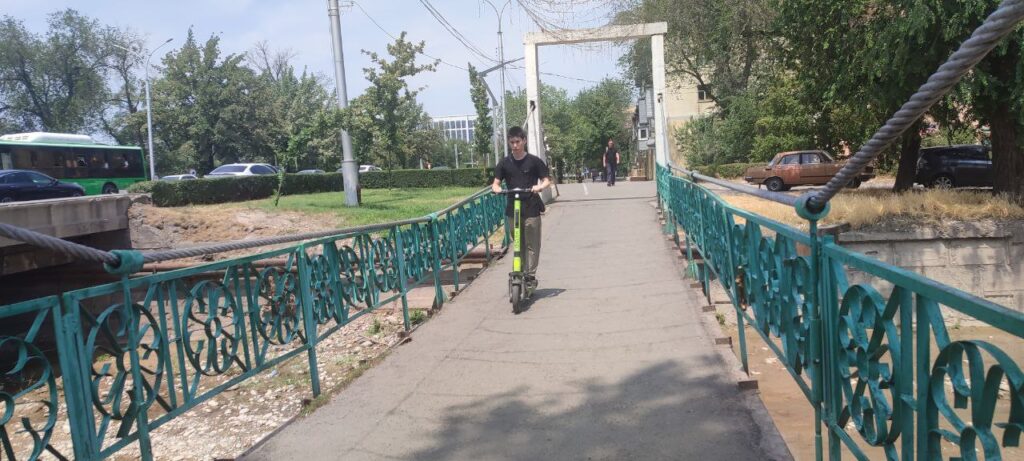Uzbekistan Startup to Build First National EV Charging Network
A Tashkent-based startup is set to build Uzbekistan’s first national electric vehicle (EV) charging network, marking a significant step in the country’s push toward clean energy and technological self-reliance. Pulseev, established earlier this year, aims to install 500 EV charging stations across Uzbekistan by 2026, with a long-term target of 3,000 stations by 2030. Its first large-scale charging hub, now under construction, will include more than 50 charging bays, complemented by modular cafés, coworking spaces, and a children’s playground. Designed and assembled locally, Pulseev’s chargers are tailored to Uzbekistan’s energy infrastructure and climatic conditions. The stations will offer fast charging, mobile app integration, and remote monitoring, features aimed at simplifying the user experience. “We’re not just installing hardware,” said co-founder Jasurbek Khodjaev. “We’re creating spaces where people feel proud to power their vehicles with clean energy, while families enjoy time together.” The initiative aligns with Uzbekistan’s broader strategy to invest in renewable energy and improve energy efficiency. The government has expressed strong support for EV adoption and digital infrastructure as part of efforts to reduce dependence on fossil fuels and modernize the national grid. Pulseev’s long-term vision includes expansion into other Central Asian markets and the Middle East. The company promotes a concept it calls “energy freedom,” advocating for democratized access to clean energy not only for transportation but also for everyday life. “This is about dignity, independence, and innovation,” said Mukhammad Khalil, founder of Startup Garage, a regional accelerator supporting Pulseev. The project also reflects a broader shift in Central Asia’s startup ecosystem, with increasing emphasis on indigenous technological solutions to local challenges. By developing EV infrastructure domestically, Pulseev positions itself as a key player in shaping the region’s sustainable transport future.






